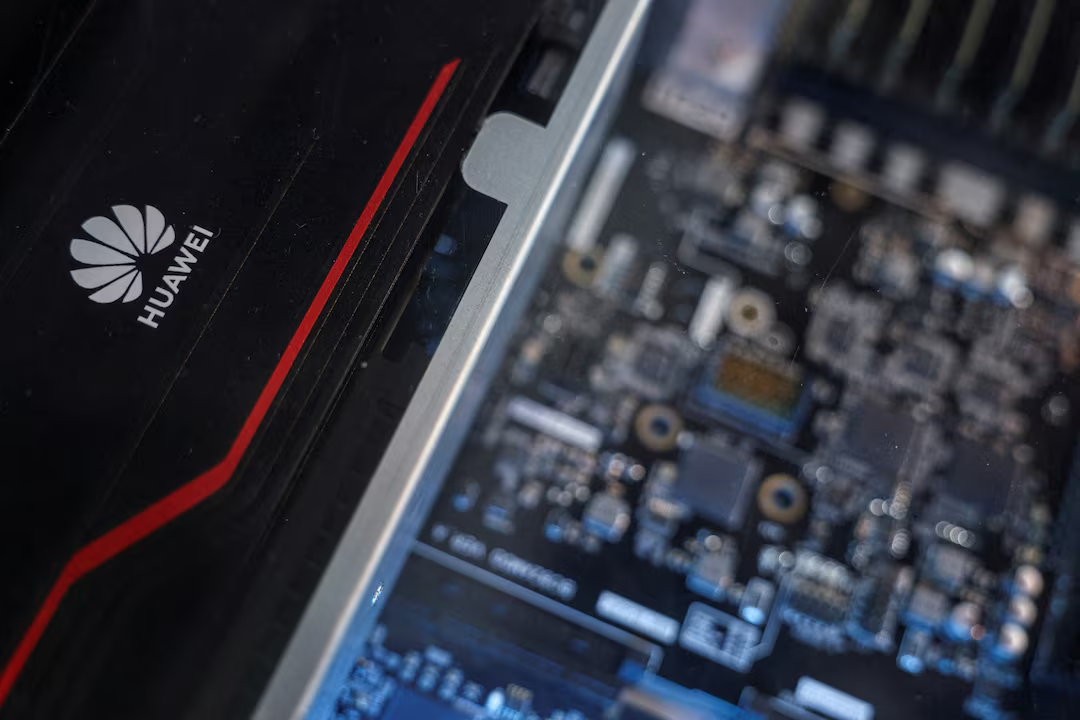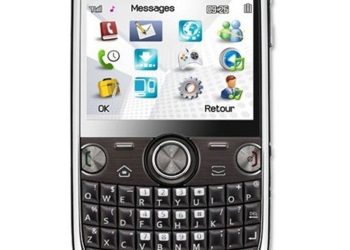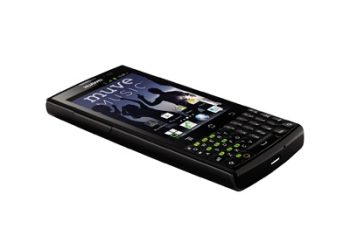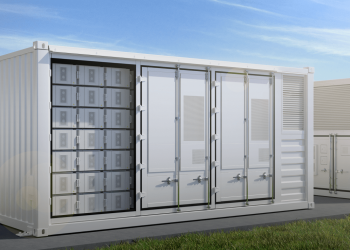Huawei Launches First HarmonyOS Laptops to Rival Western Tech Giants
BEIJING, May 19, 2025 — In a significant shift in the global PC operating system landscape, Huawei has officially launched its first laptops running on its HarmonyOS platform. The two devices, MateBook Fold and MateBook Pro, represent the company’s strategic effort to reduce reliance on U.S. technologies amid ongoing geopolitical tensions.
These releases come at a time when Huawei, once heavily dependent on foreign chipmakers and software ecosystems, is accelerating self-reliance following years of U.S. sanctions.
🔹 HarmonyOS 5: A New Chapter in PC Computing
Both laptops run HarmonyOS 5, Huawei’s proprietary operating system originally introduced for smartphones. The platform now marks its debut on personal computers—offering a Chinese-built alternative to Microsoft’s Windows and Apple’s macOS.
Developed since 2015 and first deployed on Huawei’s smartphones in 2020, HarmonyOS now supports a full ecosystem across mobile devices, TVs, and smartwatches—and now, laptops.
🔹 Devices and Pricing
- MateBook Fold: A futuristic foldable laptop with an 18-inch OLED dual-screen when fully opened. It lacks a physical keyboard and starts at 23,999 yuan ($3,328).
- MateBook Pro: A more conventional laptop equipped with a traditional keyboard, priced from 7,999 yuan.
These high-end prices reflect the costs of new chipset manufacturing technologies, though Huawei has not disclosed which processor powers the machines.
🔹 Apps and Compatibility
According to Huawei, HarmonyOS for PCs currently supports over 150 applications, including:
- WPS Office by Kingsoft – an alternative to Microsoft Office
- Meitu Xiu Xiu – a popular photo editing app
- Other ecosystem-specific applications tailored for Chinese users
By the end of 2024, Huawei reported more than 7.2 million developers actively building apps for HarmonyOS, which now powers over 1 billion devices, including smartphones, TVs, and IoT products.
🔹 Response to U.S. Tech Restrictions
The laptop launch is Huawei’s latest response to Washington’s escalating restrictions. Since 2019, U.S. sanctions have barred Huawei from accessing key American technologies, including chips from Intel and Qualcomm.
In 2023, the U.S. revoked special licenses that had temporarily allowed these chipmakers to supply Huawei, which has since ramped up domestic development in both hardware and software sectors.
Although Huawei did not disclose the chips inside the new MateBook models, the company hinted that the pricing reflects new, self-developed chip manufacturing processes.
🔹 Market Implications
Huawei’s HarmonyOS laptops pose a new competitive threat to Microsoft and Apple, particularly in China where data sovereignty, supply chain independence, and local software ecosystems are increasingly prioritized.
Yu Chengdong, head of Huawei’s consumer business group, said during the livestreamed launch:
“The Harmony laptop gives the world a new choice. We kept on doing the hard things but the right things.”
Final Thoughts
The launch of Huawei HarmonyOS laptops marks a bold step in China’s ambition to gain technological independence. As Huawei builds its software ecosystem across devices, the success of the MateBook Fold and Pro could redefine how emerging markets engage with PC operating systems.
As geopolitical tensions continue to shape tech innovation, Huawei’s HarmonyOS may prove to be more than just a workaround—it could be the foundation of a truly parallel computing world.







